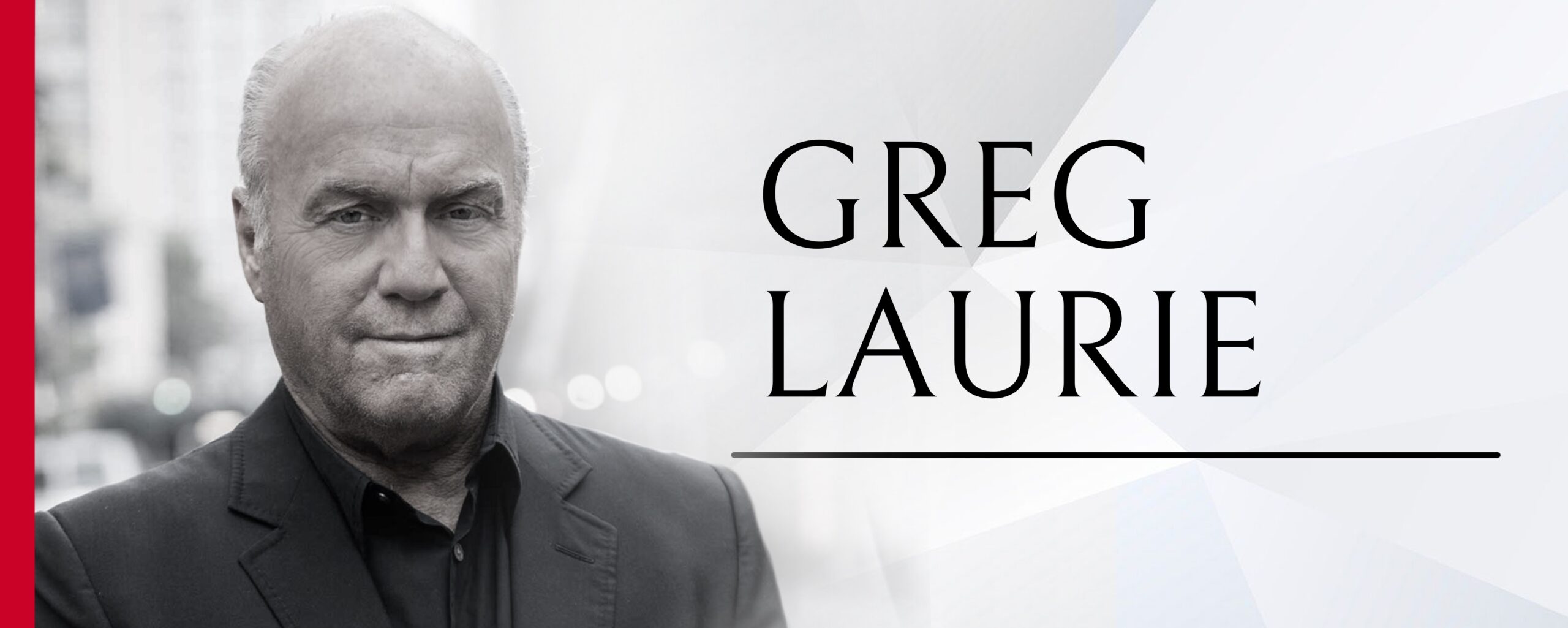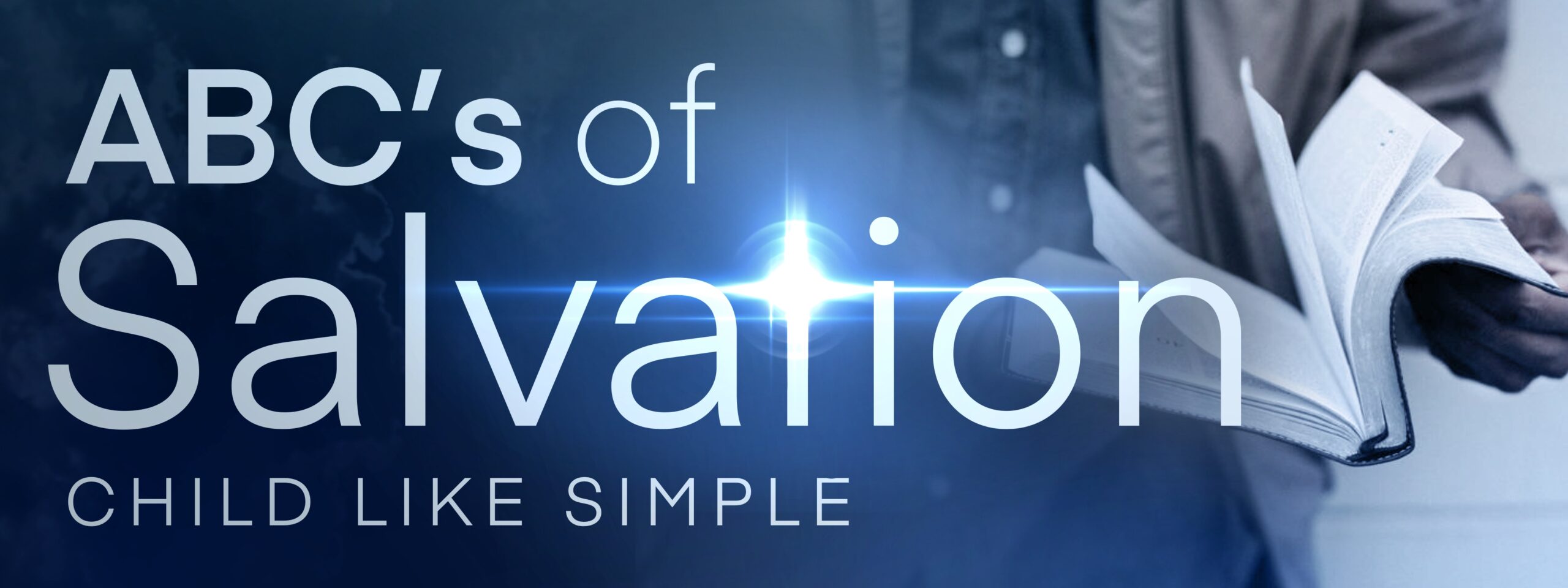
In the closing verses of the New Testament book of James, we are given specific and practical areas in which prayer is important.
Pray When Trouble Comes
First, James tells us we should pray when we’re afflicted: “Is anyone among you suffering? Let him pray. . .” (James 5:13).
When we find ourselves in trying circumstances, the temptation is to strike out at the person who helped bring those circumstances upon us, blame someone for our circumstances, wallow in self-pity, or even become mad at God for allowing this in our lives.
But what does God tell us we should do when we are in trouble and afflicted? Pray.
Why? God may remove our problems because of our prayers. That is not to say God will always take our afflictions, suffering, or troubles away, but it is to say that sometimes He will.
By simply bringing our troubles before God and acknowledging our need for and dependence on Him, He can lift that problem we are presently facing.
Pray for Wisdom
Prayer also can give us the grace we need to endure our troubles and be brought much closer to God.
When troubles come our way, one thing we might pray for is wisdom. James tells us earlier in his epistle, “If any of you lacks wisdom, let him ask of God, who gives to all liberally and without reproach, and it will be given to him” (James 1:5).
Why would we ask God for wisdom? Because trouble, hardship, and difficulty can come into our lives as a result of our disobedience to Him.
Jonah faced many troubles as a result of his sin. In fact, when he disobeyed, God caused a great fish to swallow him. After he was in that fish’s belly for a period of time, he cried out to the Lord and said, “When my soul fainted within me, I remembered the Lord; and my prayer went up to You, into Your holy temple” (Jonah 2:7).
If Jonah had failed to repent, he might not have survived to experience the forgiveness of God and the restoration to a life of usefulness. So by praying, he came to his senses and learned the lesson God was trying to teach him. Thus, he was delivered.
Sometimes if we will learn the lesson God is trying to teach us, then the affliction, the trouble, the hardship will lift and break just like storm clouds when the sun suddenly shines after a storm.
But sometimes our afflictions are coming not because of our disobedience, but quite the opposite. Our afflictions, our troubles, our hardships can come because we are obedient to God. All the hardship that came upon Job was because he was “a blameless and upright man” (Job 1:8).
So when trouble comes, pray. Bring your troubles, bring your problems, and bring your cares to God.
Pray When Sick
James also tells us we should pray when we’re sick: “Is anyone among you sick? Let him call for the elders of the church, and let them pray over him, anointing him with oil in the name of the Lord” (James 5:14).
I believe in divine healing. I believe that God heals today. We know there is a natural process God has miraculously built into the human body, where it heals over a period of time. But I believe the Lord can quicken the healing process. I also believe that he can do a miracle when perhaps a doctor has said there is no hope.
God promises his healing touch. He tells us that by his stripes we are healed (see Isaiah 53:5). We should ask the Lord to heal us when we are facing sickness, but we must also recognize that sometimes God will say no. He may have another purpose in mind.
Elijah as an Example
Then James cites the example of a righteous man greatly admired by his readers: “Elijah was a man with a nature like ours, and he prayed earnestly that it would not rain; and it did not rain on the land for three years and six months. And he prayed again, and the heaven gave rain, and the earth produced its fruit” (James 5:17–18).
When we read about Elijah in the Scriptures, we find him outrunning chariots, raising the dead, resting in the wilderness and being fed by ravens that dropped off his food.
We read about his calling down fire from Heaven and stopping the rain with his prayers. It is hard for us to think of a man like that as human. He seems superhuman. It’s interesting that James chooses him, one of the most dramatic of the prophets, and says, “Elijah was a man with a nature like ours.”
What we forget is that after Elijah’s great contest with the prophets of Baal on Mount Carmel where he called down fire from Heaven, he ran when he heard that Queen Jezebel wanted him killed. Elijah essentially said to the Lord, “Take my life. I don’t want to live.”
He was human just like us. Subject to the same passions and vulnerabilities.
If a man like that—even with his weaknesses—could still muster up the faith to believe God for great things, then surely we can do the same.
James tells us that Elijah “prayed earnestly that it would not rain; and it did not rain on the land for three years and six months. And he prayed again, and the heaven gave rain, and the earth produced its fruit” (verses 17–18).
The drought spoken of here was a result of Israel’s disobedience to God. But the time had come for the rain to return, and after Elijah’s contest with the prophets of Baal, he prayed for rain. His prayer wasn’t some laid-back request, however. He put his heart into it. Elijah passionately poured out his heart to [The Lord].
We need to remember to do the same. Much of our prayer has no power in it because there is no heart in it. If we put so little heart into our prayers, then we cannot expect God to put much heart into answering them.
Pray specifically. Pray fervently. Pray continually. Don’t give up.













